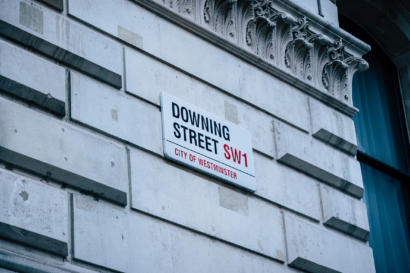PRESS RELEASES | 29/06/2022
At a time of crisis the UK must get on track for net zero

Reacting to the publication of the Climate Change Committee’s (CCC) progress report to Parliament, Ana Musat, Head of Policy at the Aldersgate Group said: “This progress report clearly shows that at a time of energy crisis the UK must not delay the delivery of clear policy programmes to achieve net zero. This is critical to bolster energy security and reduce exposure to volatile fossil fuel prices, as well as lower energy costs for households and industrial users. Businesses recognise that moving further and faster towards net zero can help address these crises, and unlock important opportunities for innovation, job creation and competitiveness.
Ana Musat added: “Although it has been good to see Government reaffirming the crucial role of net zero in delivering energy security and levelling up the country, today’s report shows that actual progress has been uneven, with major gaps in areas like energy efficiency, land use and agriculture. With bills set to rise again in October, putting more strain on households, a comprehensive home insulation programme backed by regulation and fiscal incentives will be essential to bring UK homes up to standard and lower bills in the short term, in addition to growing supply chains and mobilising investment in skills – a key opportunity for the levelling up agenda.”
Ana Musat concluded: “To deliver faster progress, Government should now focus on continuing to plug the gaps in the Net Zero Strategy as recommended by the CCC, in particular on speeding up deployment of low cost renewables by streamlining the planning system and better aligning the awarding of offshore leases with consent for onshore infrastructure. Beyond this, net zero delivery must become a cross-government priority, with departments across Whitehall and regulators having a clearer duty to place net zero at the heart of policy making and spending decisions. With consistent policy signals and a stable regulatory framework, private investment will do the heavy lifting in terms of meeting the cost of the transition.”

